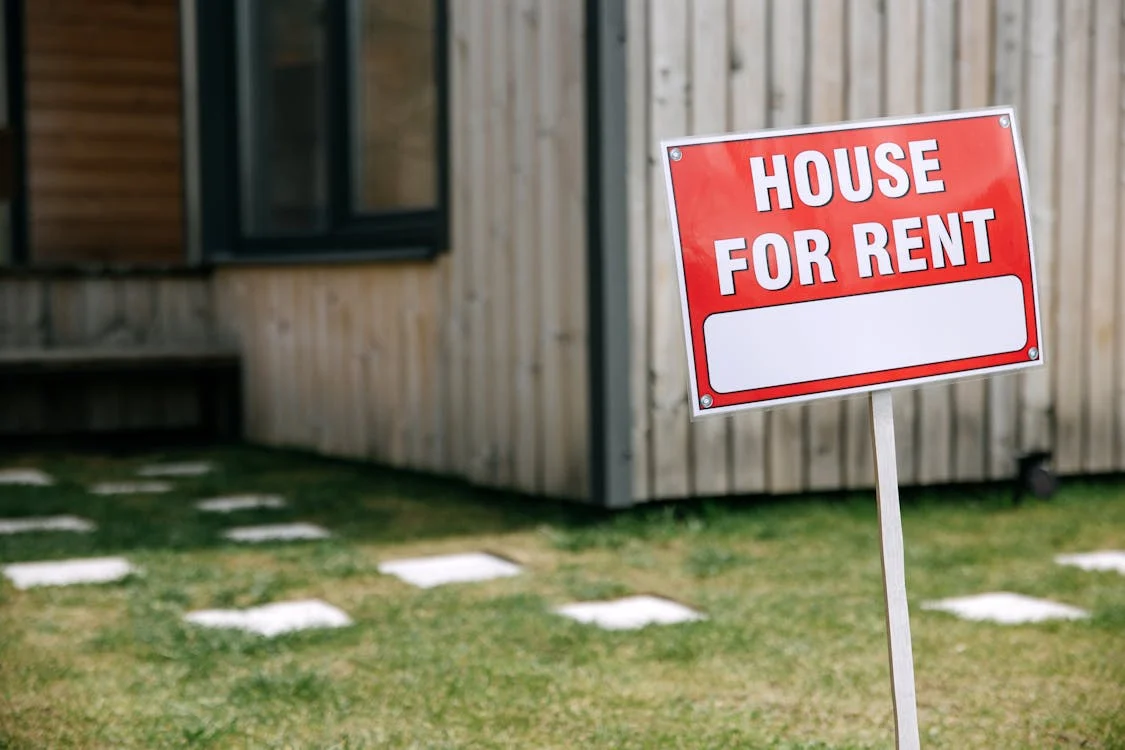In the upcoming election, voters will weigh in on Proposition 33, a measure that would repeal the Costa-Hawkins Rental Housing Act of 1995. This law currently restricts local governments’ ability to enact rent control on residential properties, particularly for new tenants and certain types of housing.
If passed, Proposition 33 is projected to reduce local property tax revenues by at least tens of millions of dollars annually, as rent control could spread across more communities.
A yes vote would remove state-level limitations, allowing cities and counties to expand rent control ordinances. Supporters, including the California Nurses Association, the California Alliance for Retired Americans and various tenant advocacy groups, argue that rent control has historically provided stability for renters and that California’s housing crisis demands more protections. Proponents believe rent control is crucial to stabilizing communities and preventing mass displacement. They point to rising rents as a major factor in California’s housing crisis and the exodus of residents from the state.
A no vote would maintain the current restrictions, keeping the Costa-Hawkins Act in place. Opponents, such as the California Council for Affordable Housing and the California Chamber of Commerce, warn that expanding rent control could deter new housing developments and reverse progress on recent state housing reforms aimed at addressing affordability. They argue that rent control could freeze the construction of new housing, worsening the housing shortage and driving up prices further. They emphasize that voters have already rejected similar proposals in recent years.
California voters will decide the fate of Proposition 33 at the ballot box, balancing the need for affordable housing with concerns about development and economic impact.





